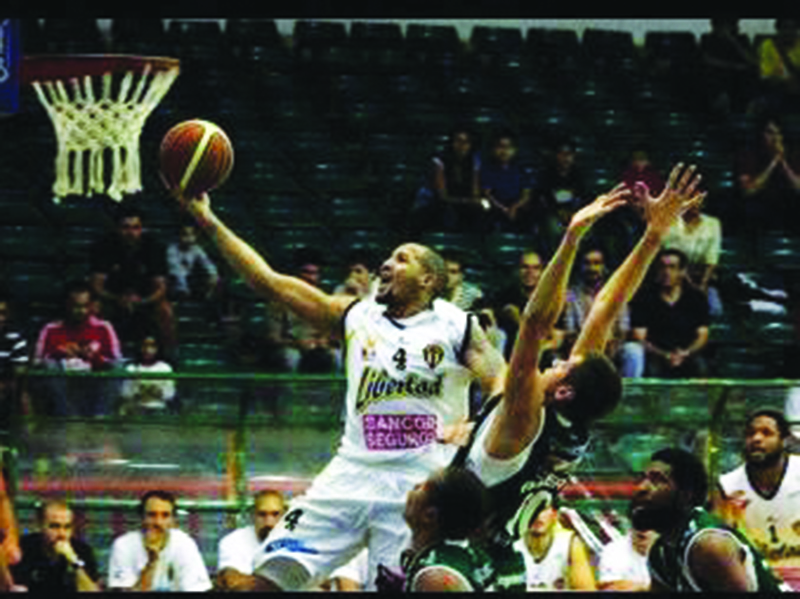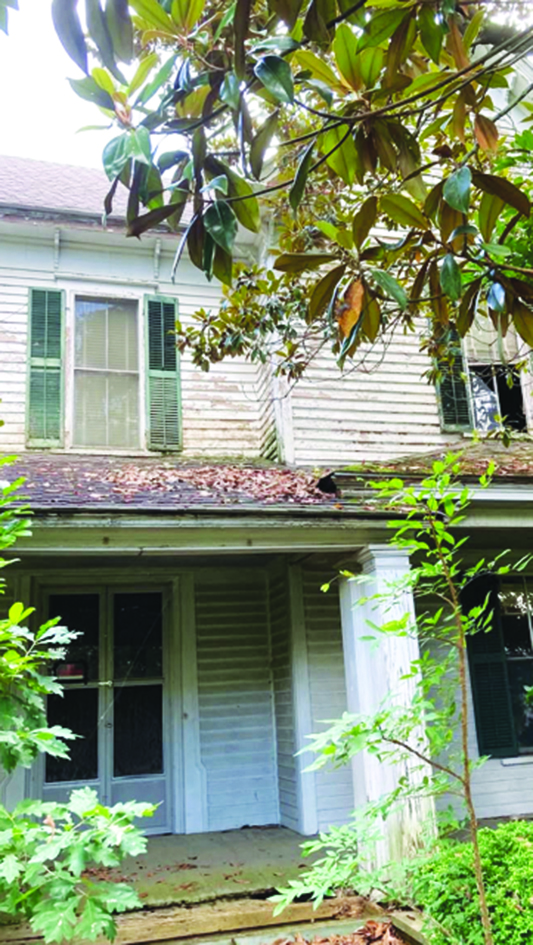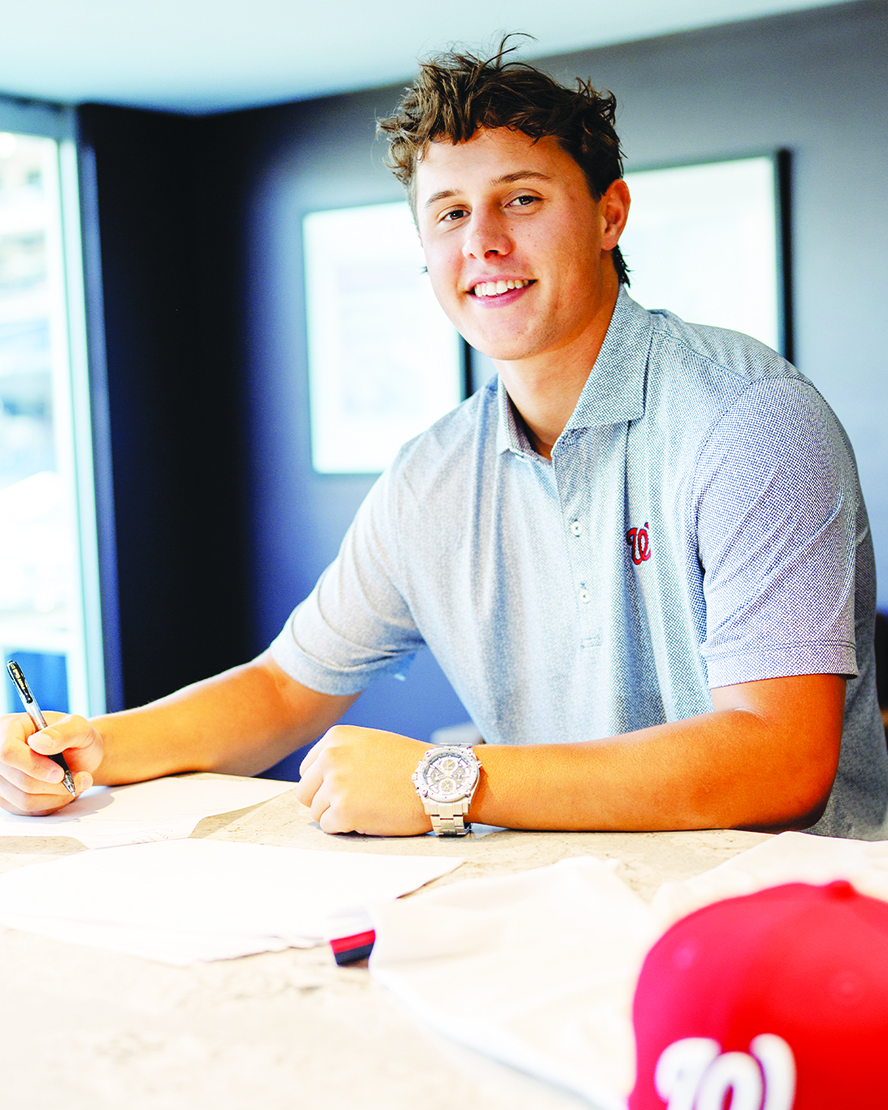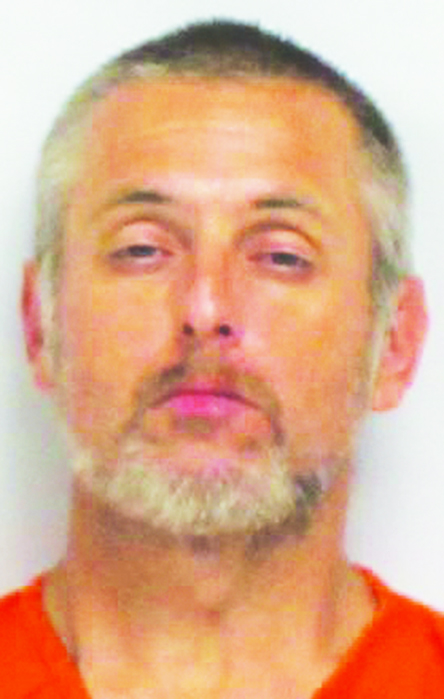New coach’s pro basketball career took him to 7 countries
Published 9:27 am Thursday, June 16, 2022
|
Getting your Trinity Audio player ready...
|
By Brian Pitts
Enterprise Record
Josh Pittman, the new Davie varsity boys basketball coach, has a terrific coaching resume through seven seasons. Then there’s his playing career. What a story that is.
Trending
From high school to college to the professional ranks, Pittman was an absolute beast as a 6-6 shooting guard.
After playing on East Forsyth’s JV team as a freshman/sophomore, Pittman showed remarkable growth as a junior. In 1992-93, he averaged 18.8 points and six rebounds to lead East to an 18-8 record, including a run to the regional semifinals.
“It was a breakout year for me playing on a predominantly senior-led team,” Pittman said.
As a 6-4 senior, he was quite simply one of the finest players in the state, averaging 27 points, around seven rebounds and three steals. In the first round of the playoffs, East was ousted by a miracle shot. With East ahead by one in the dying seconds, an opponent canned a halfcourt heave. (“The guy had not made a 3 the whole game,” he said.) Pittman was the Metro 4-A Conference Player of the Year and made all-state honorable mention.
Despite only playing varsity for two years, Pittman rolled up 1,244 points, and he was inducted in the East Forsyth Hall of Fame in 2012.
“Coach (Donnie) Holt was an excellent coach for me,” he said. “I started off slow and then I ended up with offers from Winthrop, Campbell, UNC-Asheville, High Point, Winston-Salem State and North Carolina A&T.”
Trending
Pittman chose UNC-Asheville, and all he did was become one of the most dynamic players in program history. But he did have to bide his time as a 1994-95 freshman. His coach during his first two years in college was Randy Weil, who earlier was an assistant under Dean Smith at North Carolina.
“My freshman year I had a Carolina coach, so it was like the Carolina system where as a freshman you come in and earn your time,” he said.
Pittman showed tremendous promise as a sophomore, averaging 13.5 points and 4.0 rebounds.
“At one point, I was leading the nation in field-goal percentage, 3-point percentage and free-throw percentage when I was averaging about 19 (points) a game,” he said. “I was shooting crazy numbers. Then the seniors started leading a little bit more and my average came down.”
After that 1995-96 season, Weil left Asheville to take over at Middle Tennessee State. He was replaced by Eddie Biedenbach, who played at N.C. State from 1965-68. His assistant was Monte Towe, who played guard on the Wolfpack team that won the 1974 national championship. That team was led, of course, by the incomparable David Thompson. Because of the coaching change, Pittman considered transferring. He’s glad he decided to stay in Asheville; after all, his final two years were the stuff of legends.
“A lot of schools were interested,” Pittman said. “I got to talk to David Thompson that summer (before my junior year). He told me about coach Biedenbach. He had watched some film from when we played N.C. State and he said: ‘I think coach Biedenbach will be the perfect coach for you. You would be smart to stay.’ I decided to stay and from there everything took off. It was an excellent time.”
Pittman led the Big South with an 18.4 scoring average, the sixth-highest average in program history. He added 4.3 rebounds, 1.8 steals and won Big South Player of the Year honors.
As a senior in 1997-98, Pittman averaged 18 points, 4.9 rebounds, 1.9 steals and became just the second Big South Conference player to be named player of the year twice. He was also the UNC-A Male Athlete of the Year as a junior and senior.
Pittman lifted the Bulldogs to 22 of 26 conference game wins over two years and won both season titles.
When Pittman left Asheville, he had a record 175 career steals; currently fifth. He ranked fourth with 1,547 career points; currently 7th.
“It gave me an opportunity to get invited to the NBA pro camp,” he said. “I had a good showing and ended up getting an agent.”
Pittman was not picked in the 1998 NBA Draft, but he kept his head up and kept working.
“I wasn’t completely upset; I wasn’t shattered,” he said. “I just embraced what God gave me. I knew I had some more work to do. When I look back at me playing in college, I was kind of stiff and kind of flat-footed. I improved as I aged. I realized that maybe I wasn’t good enough at that time coming out of college to make it to the NBA.”
With the NBA out of reach, Pittman embarked on a professional career overseas. The first stop in a 17-year run was in Argentina. He wound up playing in seven countries, including Spain, Venezuela, Mexico, Puerto Rico, Italy and Brazil.
He made 13 all-star teams. He was once the South American MVP. He was once a league MVP. He was a four-time all-league first team selection.
“I enjoyed the game so much,” he said. “It was great times. I mean I was the first American to be the All-Star Game MVP.”
Pittman retired as a player in 2014. After taking a year off, he hit the next chapter in his life – teaching/coaching.
“Once I started playing in the pro leagues and having opportunities to play against NBA players like (Manu) Ginobili, (Ruben) Wolkowyski and Pepe Sanchez in Argentina and then going to Italy and playing against other ex-NBA American players, I felt like: ‘Man, maybe if I had a second chance at (the NBA), that could have been part of my story,’” he said. “But I had an opportunity to have a pro career and I’m extremely thankful. And if I could, I would do it all over again the same way.”






